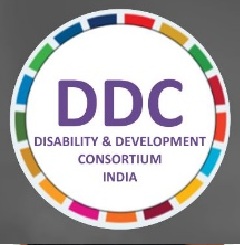Merit v/s reservations SC judgement
Why the Supreme Court now thinks it was wrong to claim that reservations undermine the idea of merit Umang Poddar Jan 27, 2022 https://scroll.in/article/1015729/why-the-supreme-court-now-thinks-it-was-wrong-to-claim-that-reservations-undermine-the-idea-of-merit
The Supreme Court recently upheld 27% OBC reservations in the All India Quota seats of NEET UG and PG Exams. the court said that although many want to draw a binary between merit and reservation to say that “reservation is antithetical to establishing meritocracy”, merit “cannot be separated” from existing inequalities in society. The court said that even the drafters of the Constitution recognised this and wanted the idea of social justice to be taken into account while promising equality of opportunity. Finally, it said that backwardness does not disappear merely because a candidate has graduated. While graduation may provide certain “social and economic mobility”, that does not create “parity between forward classes and backward classes”.
Full text of judgement available at: https://drive.google.com/file/d/13PU9PuLGdk3mqrsBNeSoCvgZ5UDlno77/view ( courtesy the print.in )
Interrogating the false merit-reservation binary https://www.thehindu.com/opinion/lead/interrogating-the-false-merit-reservation-binary/article38379295.ece Yogendra Yadav Prannv Dhawan February 05, 2022 00:02 IST
February 05, 2022
The Supreme Court’s recent order advances an interpretation that is consistent with the ideals of equality, social justice
The Supreme Court of India’s recent ruling on an all India quota deserves closer attention for a reason other than its impact on post graduate medical admissions.
WESTERN STRATEGIC THINKERS WHO HAD WARNED OF UKRAINIAN CONFLICT
A Criminal Comedy of Suicidal Errors
WESTERN STRATEGIC THINKERS WHO HAD WARNED OF UKRAINIAN CONFLICT (a compilation by @RnaudBertrand) https://twitter.com/RnaudBertrand/status/1498491107902062592
Poverty, Hunger and Disability: The Missing Link 
Webinar organised by Disability & Development Consortium 9th Feb 2022
Video Report: Each Talk presented seperately
Disability & Development Consortium sets the tone https://youtu.be/_tX4epzOJG4
Moderator: Akhil Paul, Sense International India; Welcome: Ms. Kiran Patidar; Keynote 1: B. Venkatesh; Keynote 2: Arman Ali
Page 36 of 53
